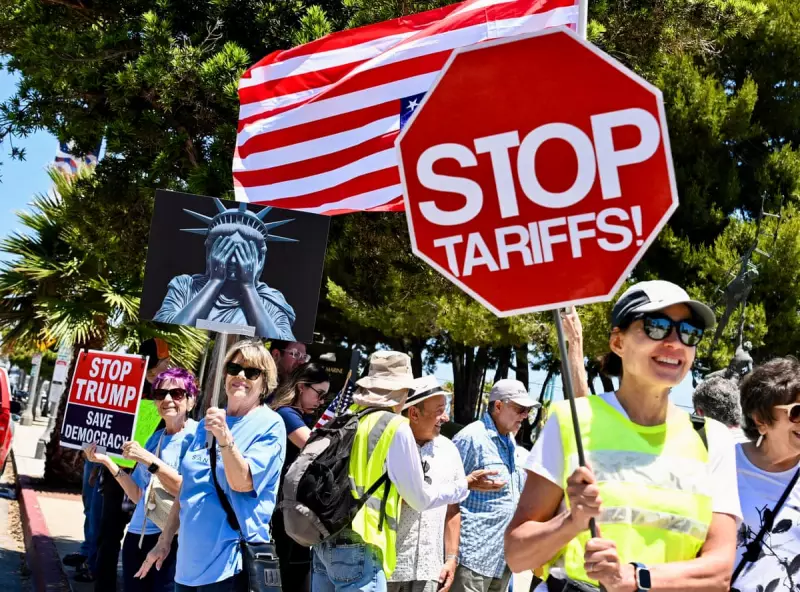
A profound sense of economic pessimism is gripping American voters, creating a stark divide between statistical reality and public perception that threatens to shape the upcoming election cycle.
The Perception-Reality Gap
Despite relatively strong economic indicators, including falling inflation and robust job growth, a significant majority of Americans describe the country's economic situation as "poor" or "fair." This disconnect between economic data and public sentiment has left analysts puzzled and concerned.
Political Tribalism Trumps Economic Reality
The research reveals that political affiliation has become the primary lens through which Americans view economic conditions. Voters increasingly assess the economy based on which party holds the White House rather than their personal financial circumstances.
Key findings demonstrate:
- Partisan identity strongly influences economic perception
- Personal financial situations often contradict broader economic views
- The gap between data and sentiment continues to widen
Historical Context and Modern Polarisation
While partisan differences in economic perception have existed for decades, researchers note the current divide has reached unprecedented levels. The phenomenon has intensified in recent years, creating parallel economic realities for Democrats and Republicans.
Implications for Democracy and Governance
This growing divide poses significant challenges for democratic processes and effective policymaking. When citizens cannot agree on basic economic facts, consensus on solutions becomes increasingly difficult to achieve.
Economic Consequences
The pervasive pessimism may become self-fulfilling, as negative sentiment could influence consumer behaviour and business investment decisions, potentially slowing actual economic growth.
The Road Ahead
As the United States moves toward another election cycle, this research highlights how economic perception has become deeply entangled with political identity, creating challenges for both policymakers and the electorate in assessing the nation's true financial health.





